Written by Michael J. Menard
The most enduring lesson from my childhood came as a gratitude message from my mother. A quiet but powerful gift that made all the difference in my life.
Christmas in our house was always bittersweet. The sweet part was tied to the joy of Midnight Mass, celebrating the birth of Jesus, and the excitement of Santa’s impending visit.
My siblings and I savored cups of hot chocolate before bed, and the air hummed with anticipation.

But the bitter side came the next morning, as my siblings and I realized our haul from Santa didn’t quite match what the neighborhood kids received.
I vividly remember wondering how Tom Boules and Mark Andrews managed to get so much more from Santa.
After all, I was certain I had behaved better than both of them combined.
The Tireless Efforts of My Mom’s Attempt to Make the Holidays Special
Mom, as resourceful and insightful as ever, had a strategy to deal with this inequity.
Rather than let us dwell on the pain of wanting but not receiving, she pulled me aside one year and revealed the truth about Santa—earlier than most parents might dare.
But Mom never simply dropped difficult news; she had a way of weaving it into a lesson and even an opportunity for connection.
“Michael,” she began, “I think you’re ready to join a special club.”
Her tone made it impossible to feel anything but intrigued. “What club?” I asked.
She leaned in and whispered, “The Santa Secret club.” She paused just long enough to build anticipation until I had to ask, “What secret?”
Looking around to ensure no one else could hear, she told me quietly, “There is no Santa. I’m Santa. I buy the presents, but with so many kids and little money, we can’t afford as much as we’d like.”
It was a blow softened by the way she framed it.
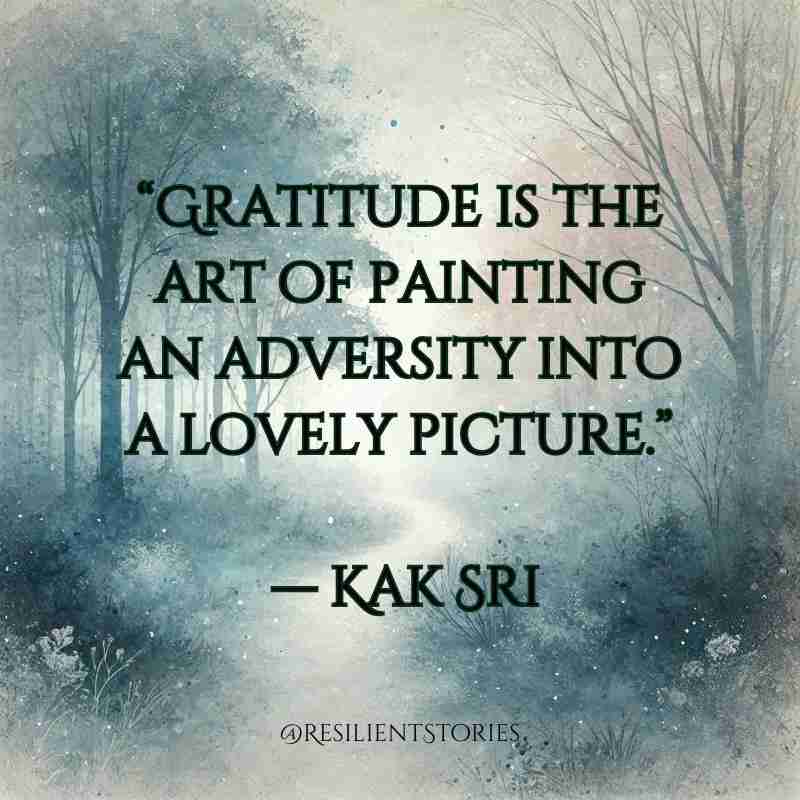
“This is our secret,” she continued.
“Only Jamie and your dad know, so don’t tell the younger ones. And being part of the Santa Secret club has its privileges—you get to join me on grocery trips, and sometimes we sneak a treat just for us. When the time is right, you’ll help welcome Polly into the club.”
Her Personal Touch When Delivering This Gratitude Message was a Moment of Psychological Mastery
In that moment, she transformed what could have been devastating news into something special—a sign of growing up, of being trusted with responsibility.
The following Christmas, my wish list grew shorter, but my sense of understanding and gratitude deepened.
Mom was a master of reframing challenges into lessons.
Even when we had very little, she taught us to focus on what we did have—faith, family, and resilience. That focus on sincere gratitude became a defining trait for me and my siblings.
As I reflect on those early lessons, I see how they laid the foundation for a lifetime of growth.
Later in life, when my desires weren’t fulfilled—whether professionally or personally—I was better equipped to pause and reflect on the deeper motivations behind those desires.
Instead of resenting what I didn’t have, I learned to ask: Why did I want it? Was it truly necessary? And if not, could I find peace without it?
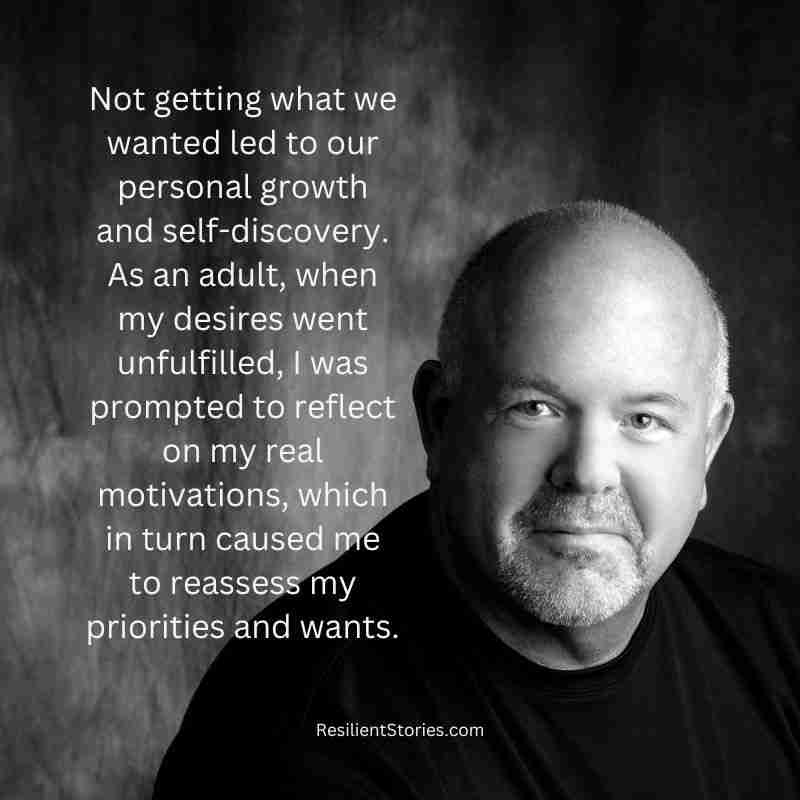
Genuine Gratitude Became the Foundation for My Personal and Professional Growth
That practice of gratitude, instilled in me by my mother, also shaped my approach to challenges beyond childhood.
When I began my career at Johnson & Johnson as a 21-year-old blueprint machine operator, I never imagined I’d one day become the company’s first Vice President of Engineering, responsible for operations in 44 countries.
But that journey wasn’t easy.
There were moments of rejection, setbacks, and situations where the odds felt insurmountable—moments that tested the lessons I had learned as a child.
During my time at J&J, I invented products like infant disposable diapers with elastic legs and sanitary napkins with wings—innovations that weren’t simply born from creativity but from perseverance.
Those products went on to generate billions in annual sales, but the path to those successes was paved with challenges. Each rejection and every pivot reminded me of the resilience Mom had instilled in us.
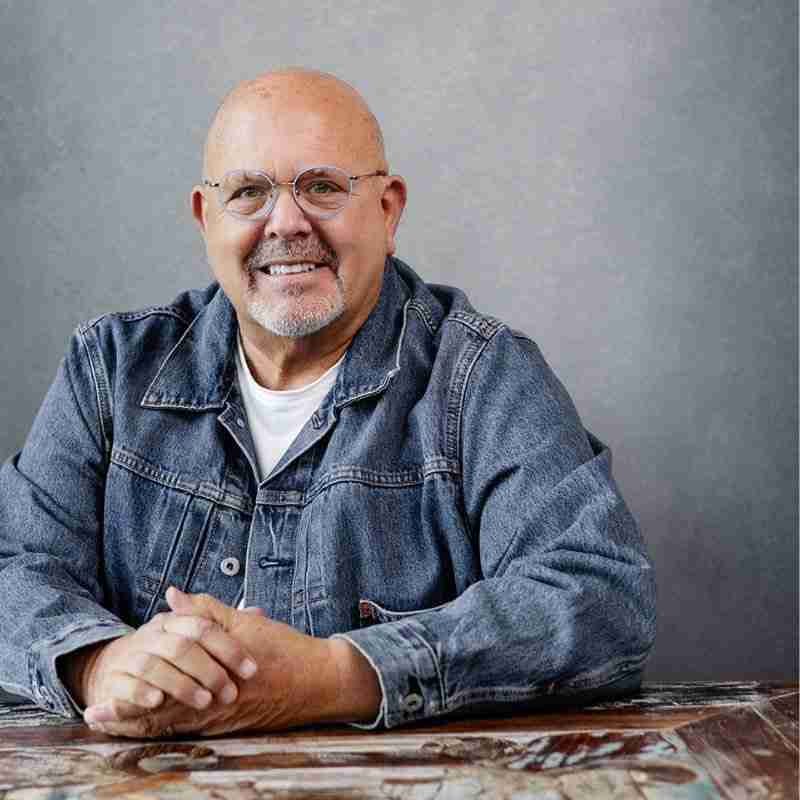
That same gratitude and resilience carried over into co-founding GenSight, a company dedicated to helping organizations make better strategic decisions.
Whether advising NASA, the U.S. Department of Energy, or Fortune 500 companies, I’ve drawn on the lessons of gratitude and reflection Mom taught us so long ago.
What a Thoughtful Gift Her Gratitude Message Became
Looking back, I realize my siblings and I gained so much more than we lost by not having everything we wanted.
Those early lessons about gratitude and acceptance became tools we’ve carried throughout our lives—tools that have helped us weather personal and professional storms with grace and perspective.
Even now, as I write about my childhood in The Kite That Couldn’t Fly and other stories, I’m struck by how much of my life has been shaped by those formative years.
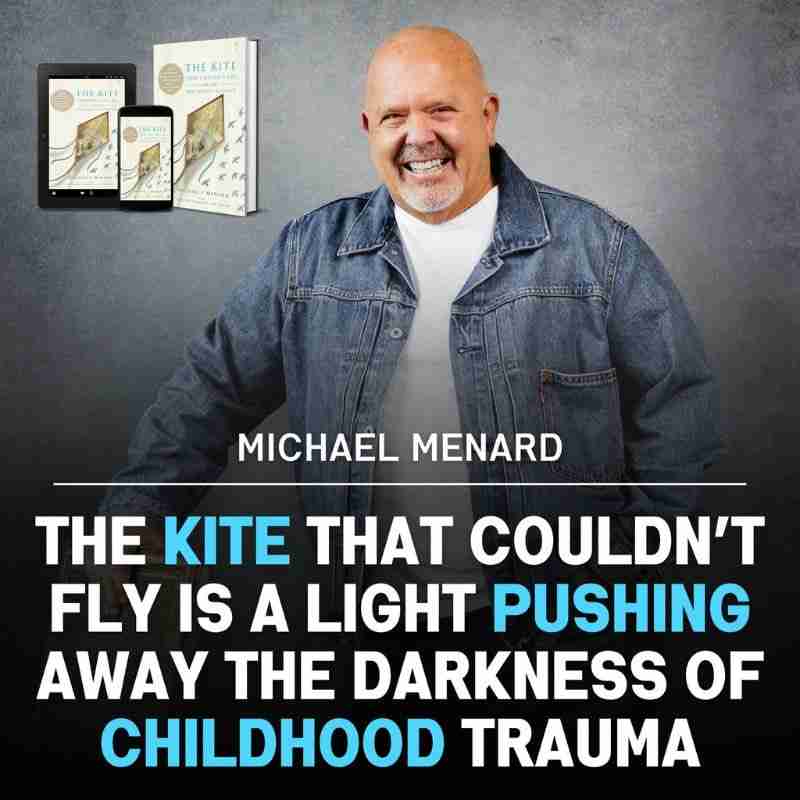
My mother’s ability to find light in the darkest moments, to instill joy and hope even when times were hard, has stayed with me. It’s a legacy that I hope my children and grandchildren will inherit.
As I approach each day with a heart full of gratitude, I know I’ve done my best to live by her example—to make the most of what I have and to find joy in even the simplest moments.
That, I think, is the greatest gift of all.
Has someone offered you a gratitude message that created a significant difference in the way you viewed a situation?
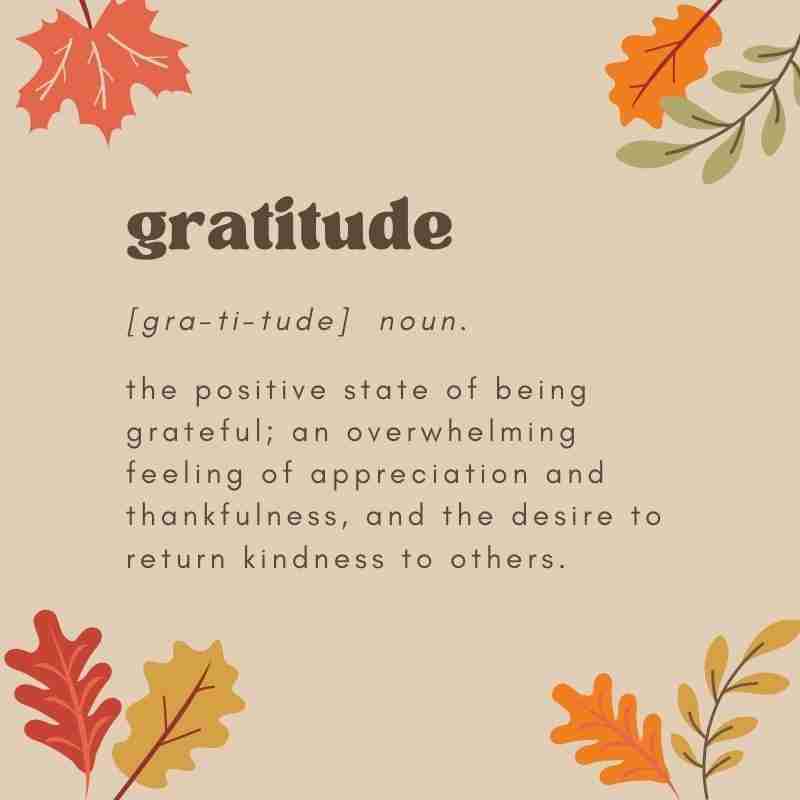
Do you have a heartfelt appreciation or gratitude message you would like to share?
All comments are deeply appreciated!
About Michael J. Menard
Michael J. Menard’s journey from a childhood marked by complex trauma to a successful adult is a story of post-traumatic growth. Labeled as “non-college bound,” he was placed in a trade school program, and at the age of twenty-one, Menard joined Johnson & Johnson to operate the blueprint machine.
Twenty-five years later, he was named the company’s first VP of engineering and an officer with responsibilities in forty-four countries.
Now labeled as an “exemplary creator”, he has received fourteen US and multiple international patents including the inventions of infant disposable diapers with elastic legs and sanitary napkins with wings for women. His inventions are now responsible for over $50 billion in annual sales.
Menard co-founded The GenSight Group, a company helping corporations find a systematic approach to strategic choice and resource optimization. Through GenSight, Menard has advised senior leadership at institutions such as the US Department of Energy, Pfizer, Coca-Cola, NASA, and the United Nations.
Menard has contributed to numerous professional publications including Harvard Management Update, Gartner Research, and The Journal of the American Management Association.
He is also the author of two best-selling business books and remains the president of GenSight. Living in Tennessee with his wife, Emilie, he is a proud father of five daughters and grandfather to nine.
About the Book
In The Kite That Couldn’t Fly: And Other May Avenue Stories, Michael Menard crafts a captivating memoir, weaving a narrative of resilience and hope from the threads of his challenging childhood.
Raised amidst poverty and complex trauma, Menard was one of 14 siblings, each uniquely shaped by their shared experiences.
His memoir transcends mere storytelling; it’s a journey through the harrowing and the humorous, the unbelievable and the universal, resonating deeply with the human spirit of overcoming adversity.
Menard’s life is a beacon of triumph, demonstrating that out of the darkest circumstances can emerge the brightest futures.
His account is not just his own but a voice for those who have faced similar trials. From laugh-out-loud anecdotes to heart-wrenching realities, the book navigates through a spectrum of emotions, offering readers a raw, unfiltered glimpse into a life less ordinary.
At its core, this book is a testament to the indomitable human spirit. Menard’s mother, Arletta, emerges as a hero, imparting lessons of love, hope, and resilience. In contrast, his father, Paul, embodies the complexities of a man shaped by his own trauma, offering a nuanced portrayal of parenthood and survival.
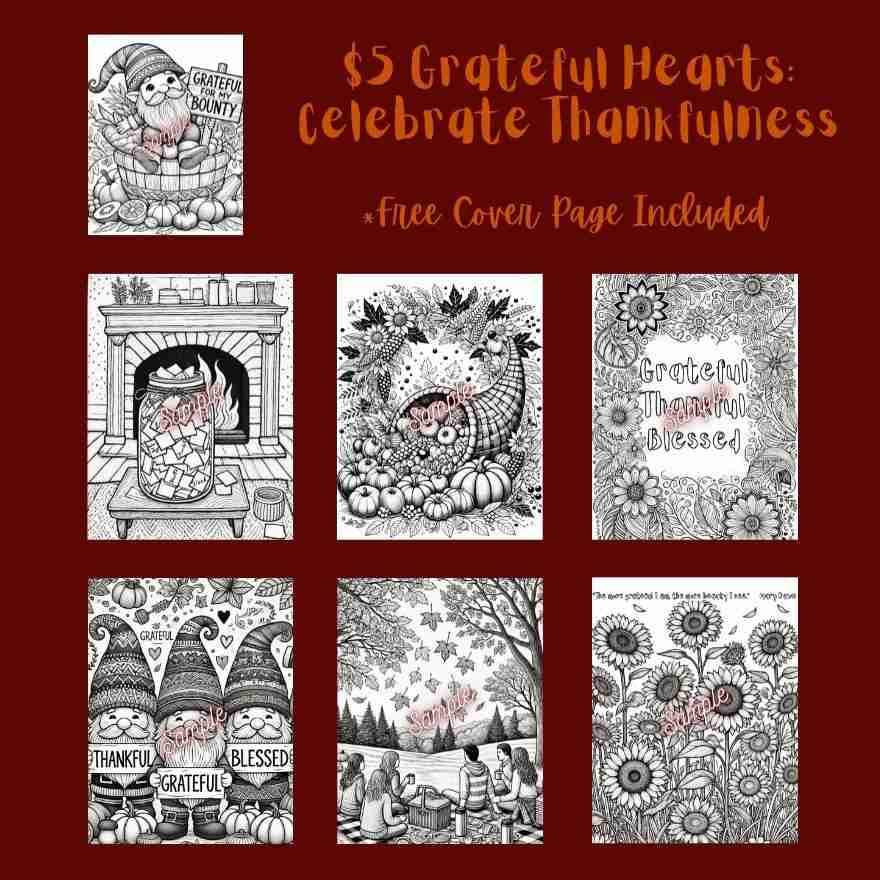


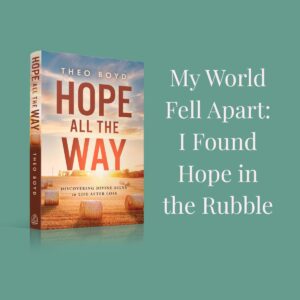
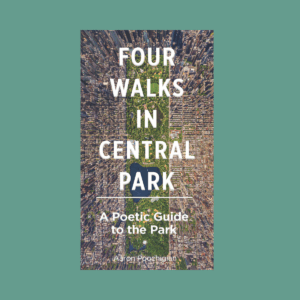


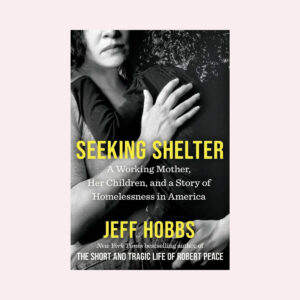

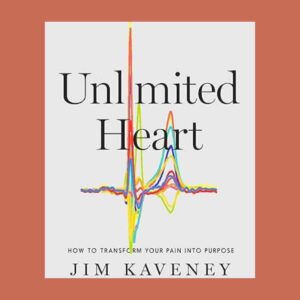
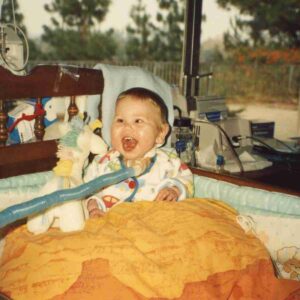

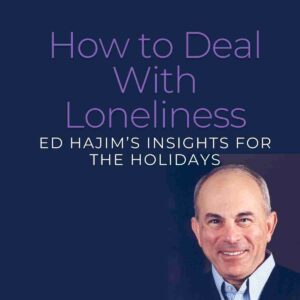


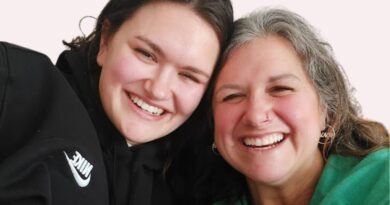
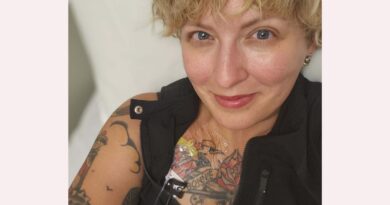
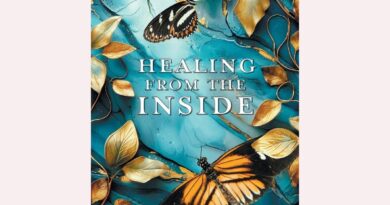
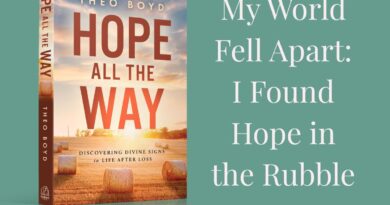











I’ve read The Kite That Couldn’t Fly. I had always believed that your family was rich with so many kids. Never thinking that your secret life was worse than my secret life.We were neighbors for several years on Washington Ave. and I went to school with your brother TimThank you for sharing. By the way, your mom was the greatest 🙏
Thank you for leaving a comment!